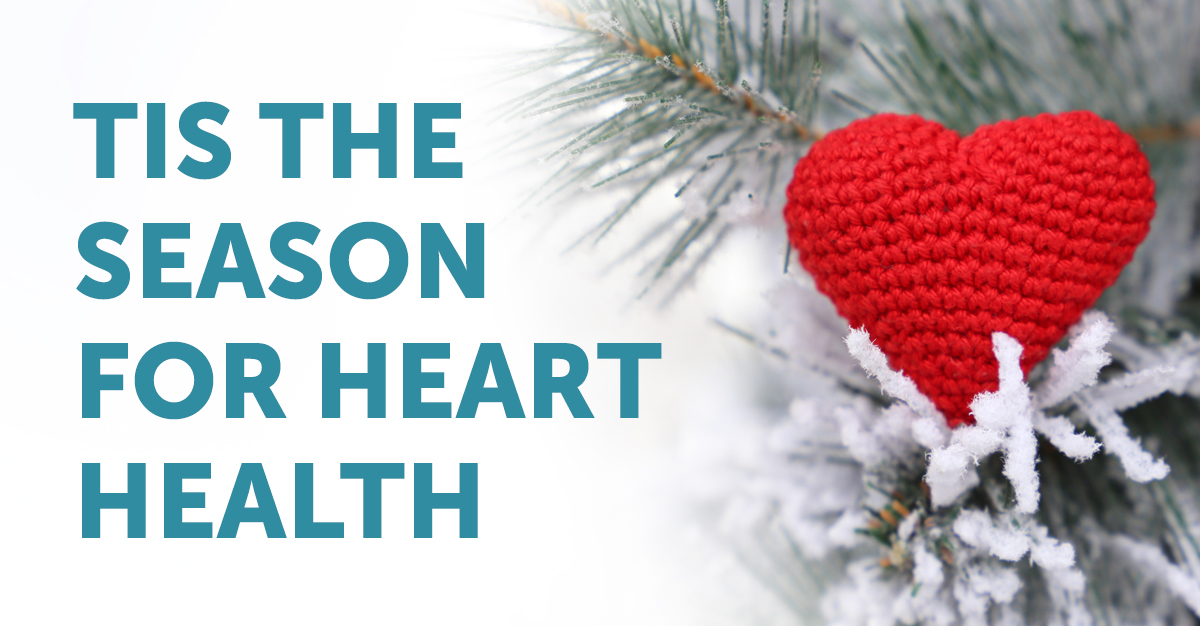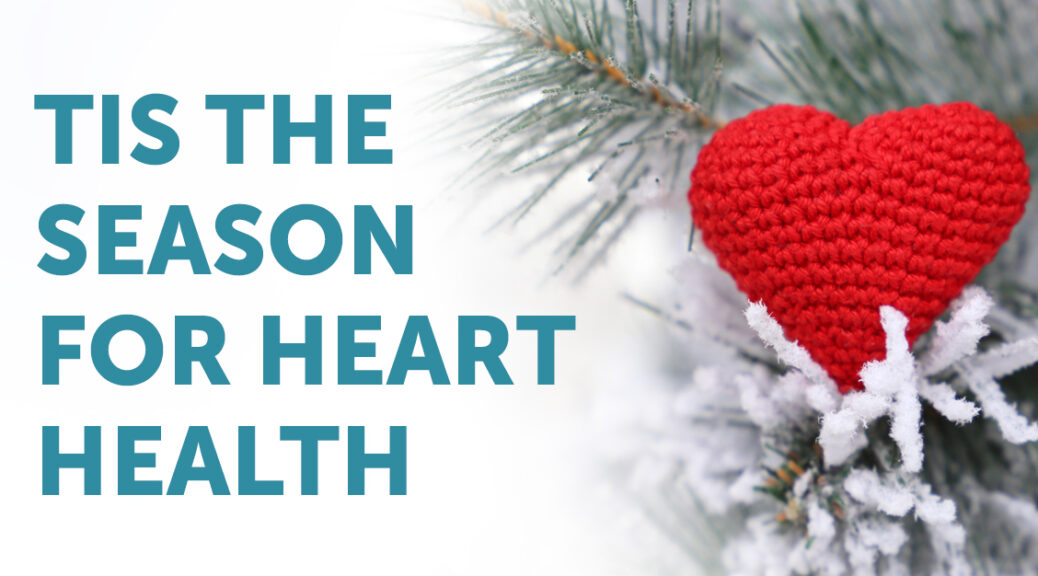
While the holidays are known for their festive cheer and holiday spirit, they hold a surprising and chilling distinction— Christmas is the deadliest day of the year for heart attacks. Amid the decorations, feasts, and gift-giving, the risk of a heart attack rises sharply, making it a day of both celebration and danger. But why is this the season for heart health?
Is Holiday Stress the Problem?
The holiday season often comes with added stress from planning, financial pressures, and the desire for everything to be perfect—all of which can increase the risk of heart attacks by releasing stress hormones like cortisol that raise blood pressure and heart rate. This festive season, remember what the holidays are truly about: taking time to protect your peace and prioritize your well-being.
Cold weather can also play a role. It causes blood vessels to constrict, putting extra strain on the heart, especially for those with pre-existing conditions. Lifestyle changes, such as overeating, drinking alcohol, and decreased physical activity, further contribute to heart health risks by raising cholesterol levels and promoting weight gain. Regular physical activity and managing stress are crucial for maintaining heart health during this time.
The Main Culprit May Be Delaying Medical Attention
The holiday spirit can lead individuals to ignore warning signs, dismissing symptoms as holiday fatigue. There is a tendency for people to delay seeking medical attention during the holidays, often choosing to wait until the festivities are over. This delay can be deadly, as timely treatment is crucial in managing heart attacks.
Overall, the holiday peak remains a unique phenomenon. One big possible cause of the holiday spike in heart-related deaths is that people may delay seeking medical help during the holiday season. This delay could explain the rise in deaths, especially from non-cardiac causes. Other factors, like cold weather, respiratory illnesses, emotional stress, or even diet changes contribute to the increase, but none fully explain the peak.
Researchers also ruled out the theory that people fight to delay or speed up their passing for the holidays.
How Can I Prioritize My Heart Health This Holiday Season?
- Schedule a Doctor’s Appointment: Take time this season to schedule a check-up with your doctor to ensure your heart health is on track and address any concerns you may have.
- Telehealth: Use telemedicine to consult healthcare professionals from the comfort of your home, especially if you’re managing high blood pressure or heart issues.
- Physical Activity: Stay active with winter sports or brisk walks in the fresh air to keep your heart healthy. You can also try physical therapy exercises to boost strength and endurance.
- Mindful Eating: Focus on savoring each bite and listening to your body’s hunger signals to prevent overindulgence.
- Online Meditation Guides: Use platforms like Headspace to follow guided meditation sessions that can reduce stress and support a calm, healthy heart.
- Social Connections: Foster meaningful connections with loved ones through activities like board games or holiday crafts, which can improve emotional well-being.
Recognizing the Warning Signs of a Heart Attack
Heart attacks can happen anytime, but their occurrence rises during the holiday season. Recognizing warning signs is vital, as early intervention can save lives.
Common symptoms of a heart attack include:
- Chest pain or discomfort, which may feel like pressure, squeezing, fullness, or pain
- Shortness of breath
- Pain or discomfort in the jaw, neck, back, arms, or stomach
- Cold sweats, nausea, or lightheadedness
While these symptoms affect both men and women, women may have additional symptoms, including:
- Unusual fatigue
- Indigestion or upper abdominal pressure
- Shortness of breath without chest pain
- Pain in the upper back, shoulder, or throat
If you or someone around you is experiencing any of these symptoms, it is important to seek emergency medical help immediately.
While the holiday season is a time for celebration, it also poses risks to heart health due to stress, cold weather, unhealthy habits, and delays in seeking medical care. By staying mindful of your heart health—through regular check-ups, managing stress, staying active, and seeking prompt medical attention—you can enjoy a safer, healthier holiday season. Prioritize your well-being and make this the season for heart health.

